On April 11th, the Workshop of Increasing Transparency and Effectiveness in Cases of Wildlife Crime was held in Hong Kong. In view of the outstanding efforts made by CBCGDF and its volunteers in protecting biodiversity and combating the illegal trade of pangolins and the protection of endangered species, the organizers invited CBCGDF to send representatives to attend the meeting and make a keynote speech to share the experience of China’s private sectors, especially the frontline volunteers in protecting endangered species and combating illegal wildlife trade on April 13th.
Topics included in this workshop are: Wildlife Crime: A view from the courtroom, Databases: assessing impact, Curbing Wildlife Crime and corruption, Monitoring and Analysis: What it tells us and Ensuring Wildlife Justice. In addition, it also contains three discussion sessions: “Identifying the most pressing problem areas – commonalities or chaos?” “How can we help each other – what role for the different organization types represented at this meeting?” and “What is worth taking forward? Clearly defining any ‘next steps’ ”.
In this workshop, representatives from various organizations worldwide delivered keynote speeches and had a heated discuss on cases of wildlife crimes.
Here are some speeches extracted from the workshop.
1. Li Ning from IUCN made a brief introduction of IUCN and one of the most comprehensive databases of environment law cases. She used Tanzania's work as an example to analyze the species and court decisions involved in the case. However, she mentioned that the acquisition of information has become a major problem. She called for an increase in the establishment of databases and promoting exchanges among organizations.
2. Jim Karani and Edward Muriu from WildlifeDirect, Kenya, said that many African countries have worked together to complete the project and they have successfully won people’s support. Wildlife is very important in the hearts of Africans and the penalties for the cases of wildlife crimes have been discussed. They used cameras to record court trials. However, the data showed that the crime rate was only 44%. Due to lack of evidence, they have strengthened customs control and training of prosecutors, investigators, and judges’ professional skills, such as how to find useful information and how to effectively preserve evidence.
3. Rosana Ng and Sam Inglis from the ADM Capital Foundation in Hong Kong briefed delegates on their workshops and the work among their own departments. They also told delegates that their report 2.0 on wildlife had comprehensive database information and concluded their data information sources. Among them, the crime rate of ivory was 40%, while that of pangolins is 6%. They are mainly used for art, furniture and food.
On April 13th, the representative of CBCGDF Derek delivered a keynote speech – Fighting Illegal Trading of Wild Fauna and Flora.
First of all, he shared with the delegates from various countries China's outstanding achievements in combating poaching and illegal wildlife trade, especially the efforts make by the CBCGDF and its volunteers in protecting endangered species, secret inquiries against illegal trade in pangolins and Environmental Public Interest Litigations(EPIL). He also emphasized that through public participation, effective conservations can be promoted for endangered species.
From the case studies in recent years, it can be found that public participation can promote the efficient resolution of cases.
The achievements of public participation are undoubtedly remarkable. The participation of social organizations and the public is the reinforcement of wild fauna and flora. Only relying on the judicial departments, the resources that can be used are limited. Without the active attention and participation of the public, social organizations and the media, cases often fail to attract attention and the results may be unsatisfactory.
According to the previous case study on wildlife conservation, further public participation in various forms is of great importance in wildlife law enforcement and justice. Exposing cases to the public ensures resolution promotion, relevant databases establishment, and cooperation.
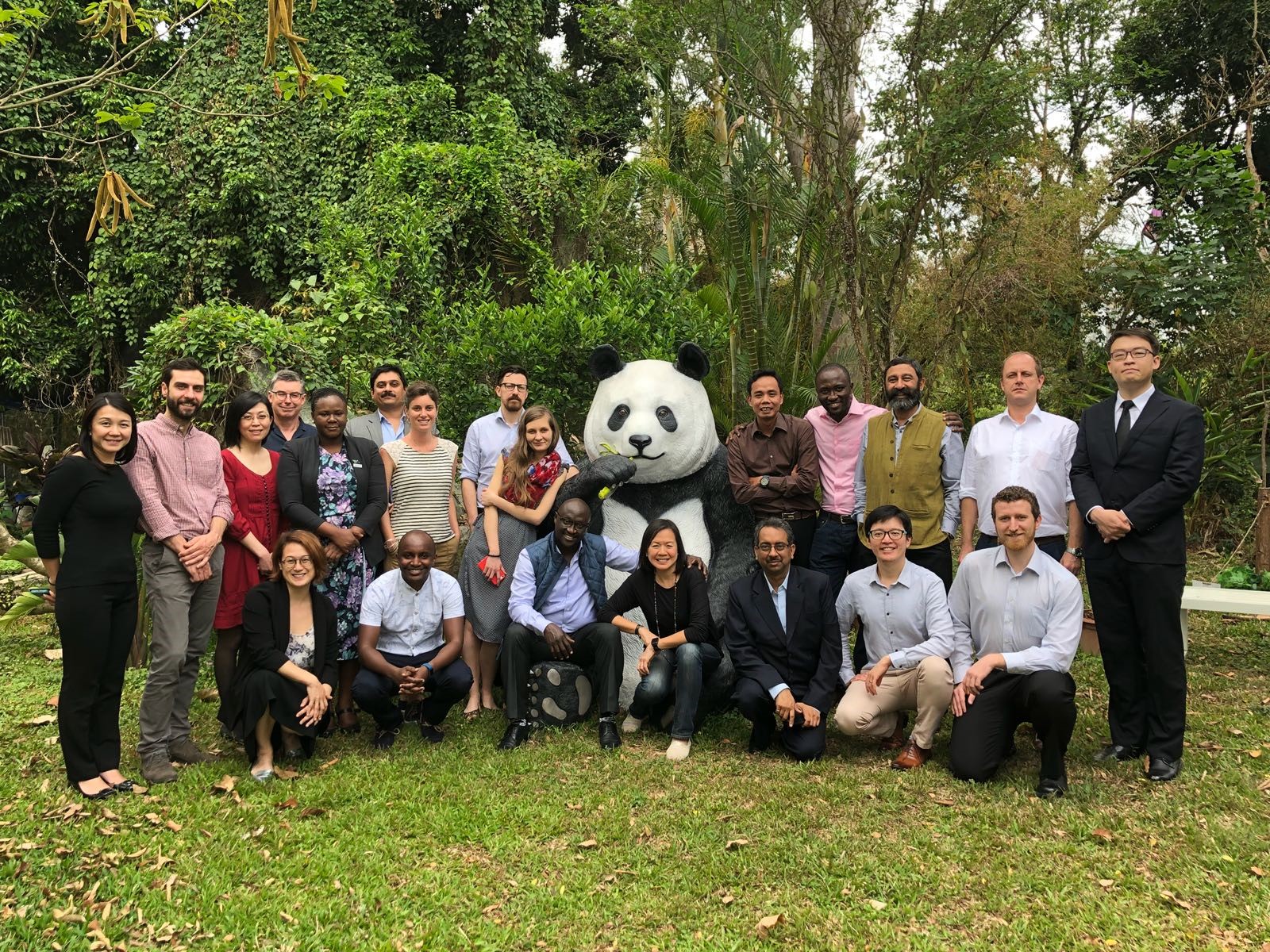
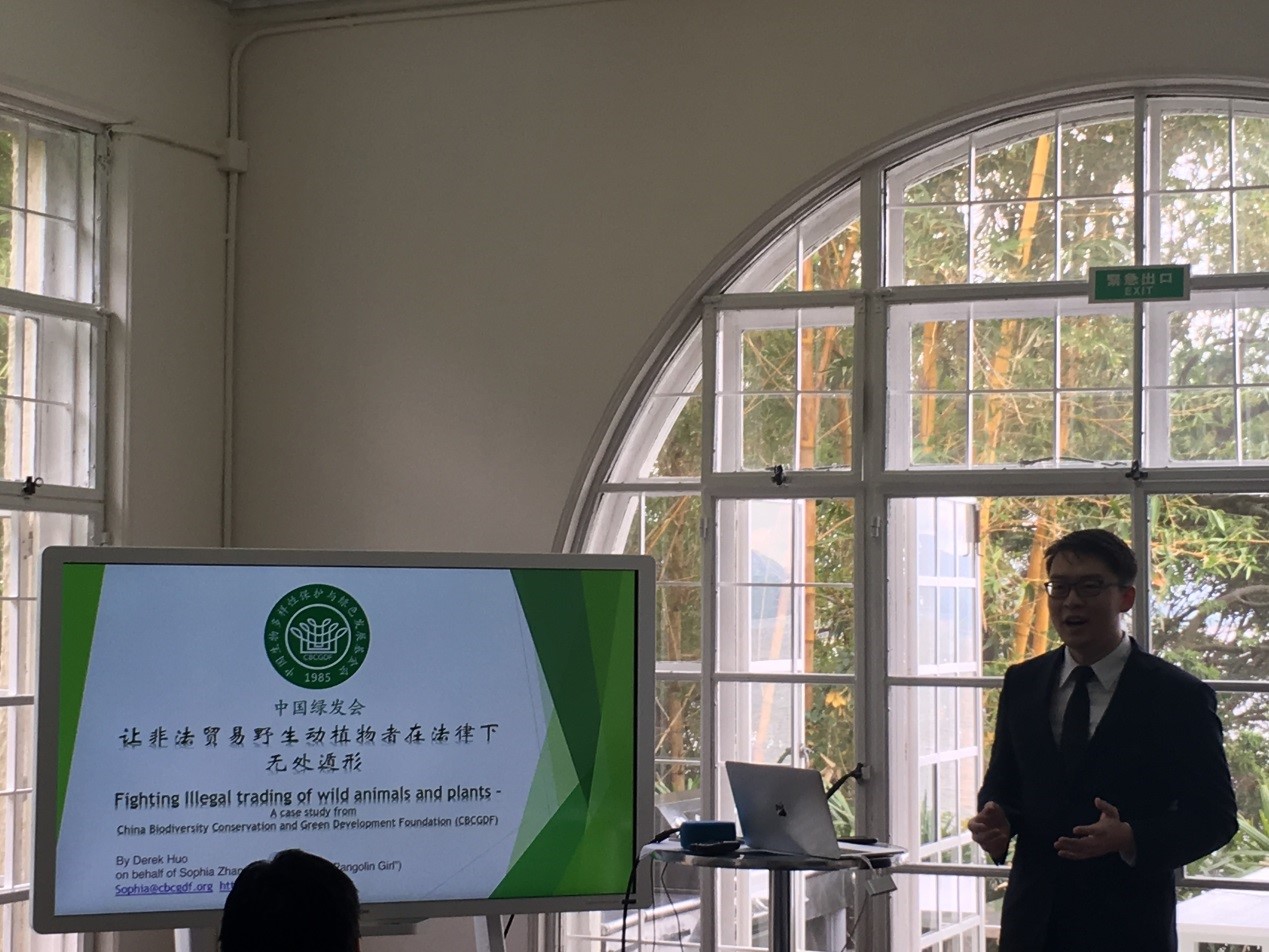
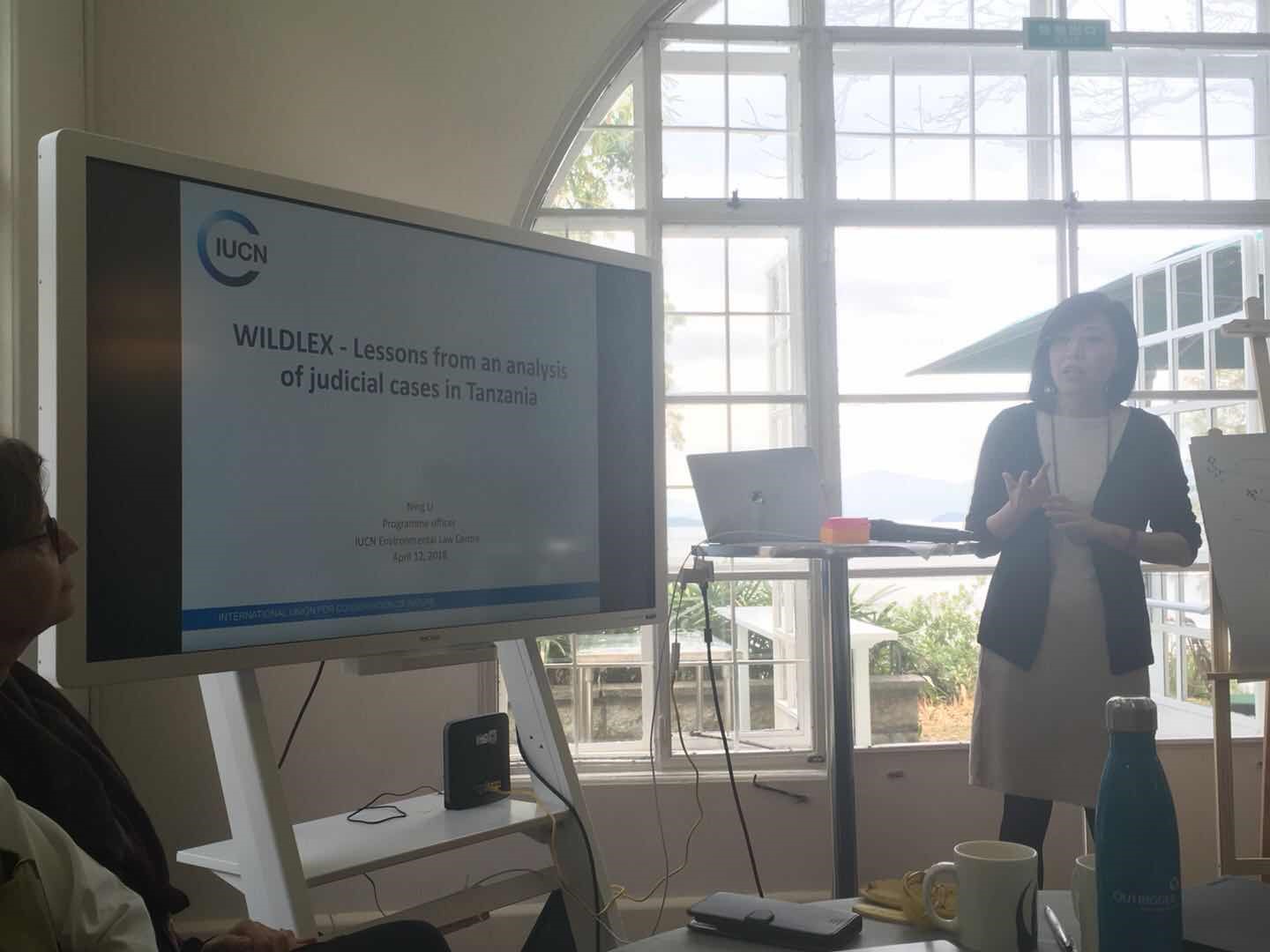
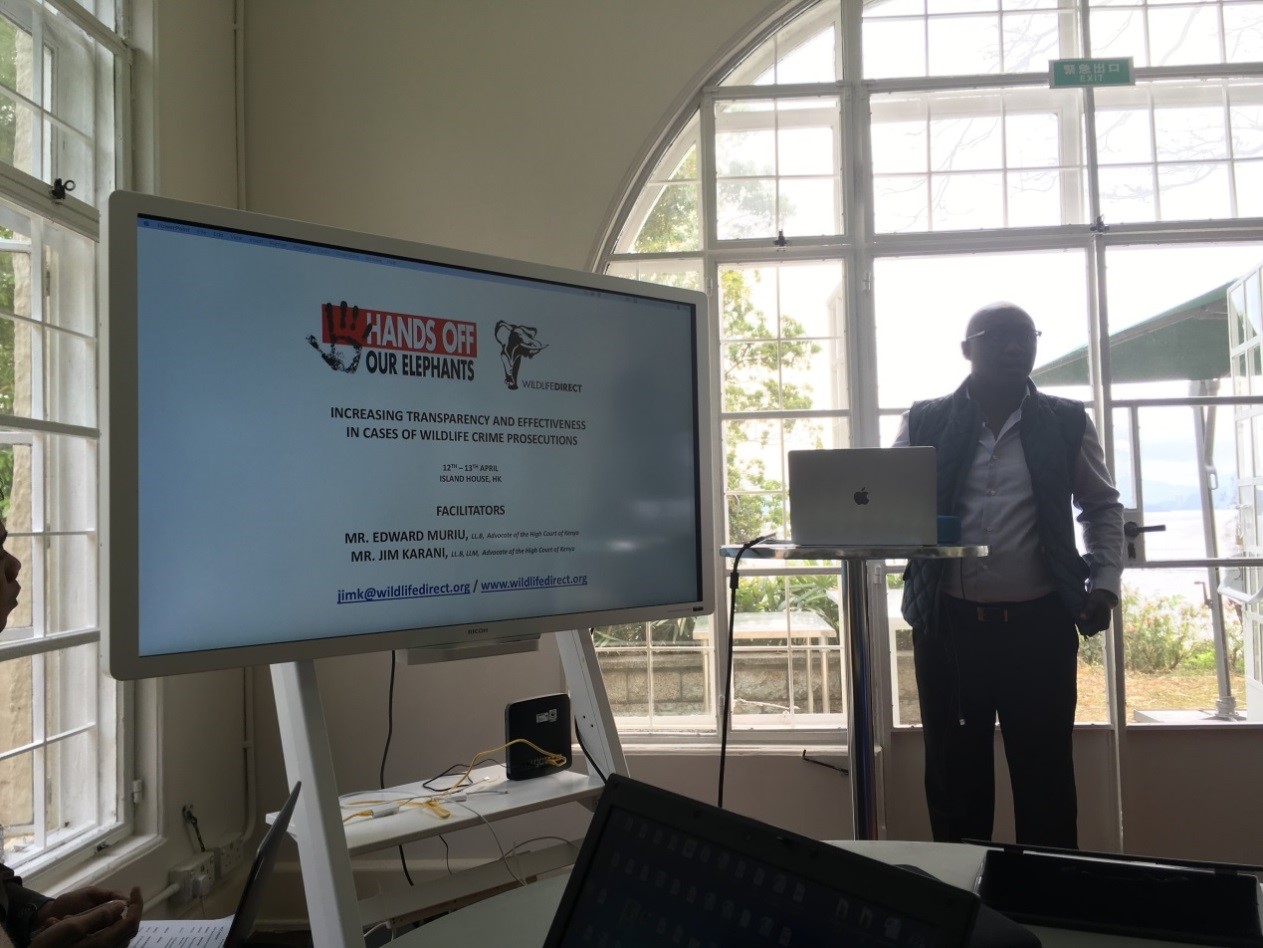
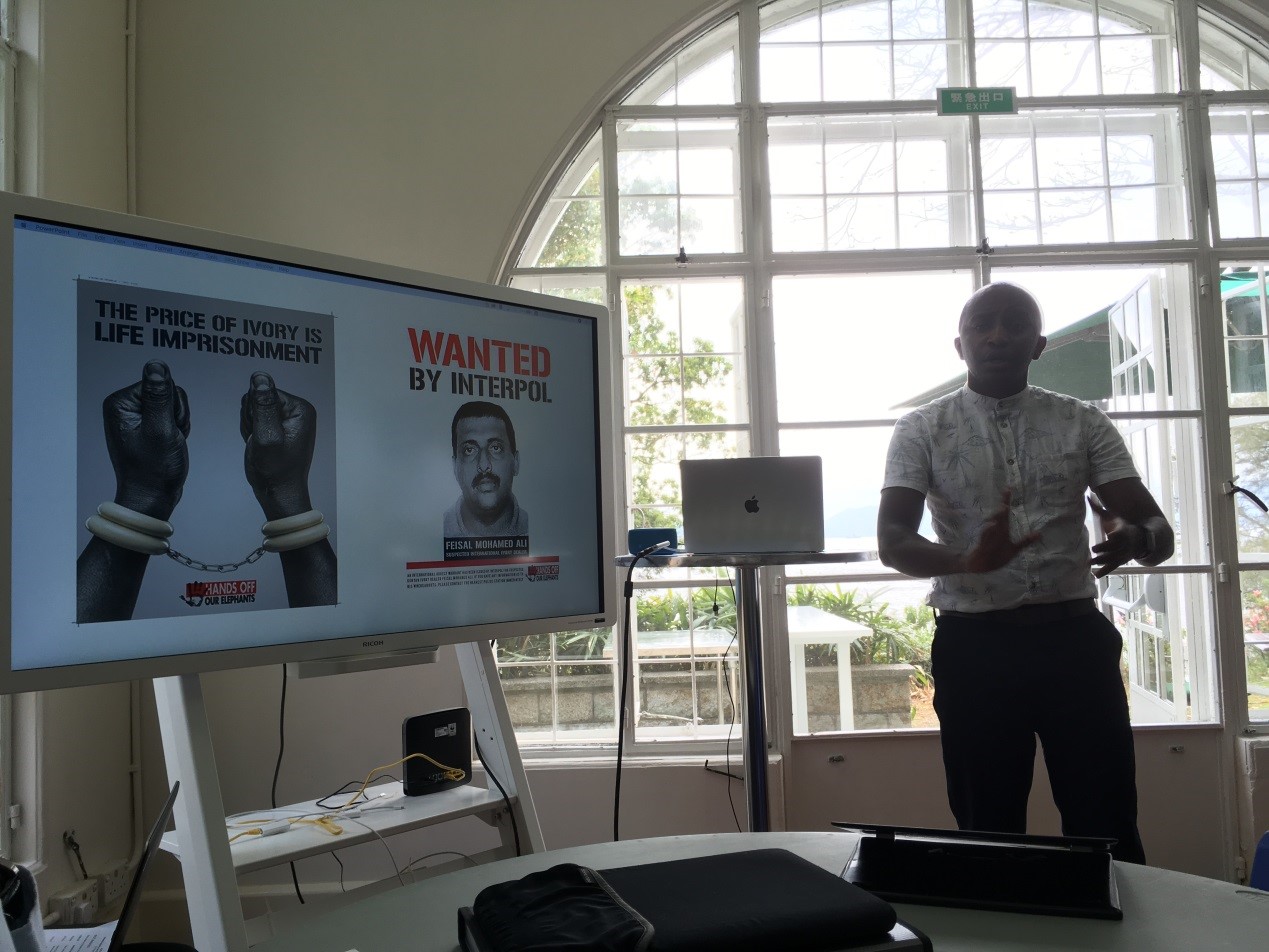
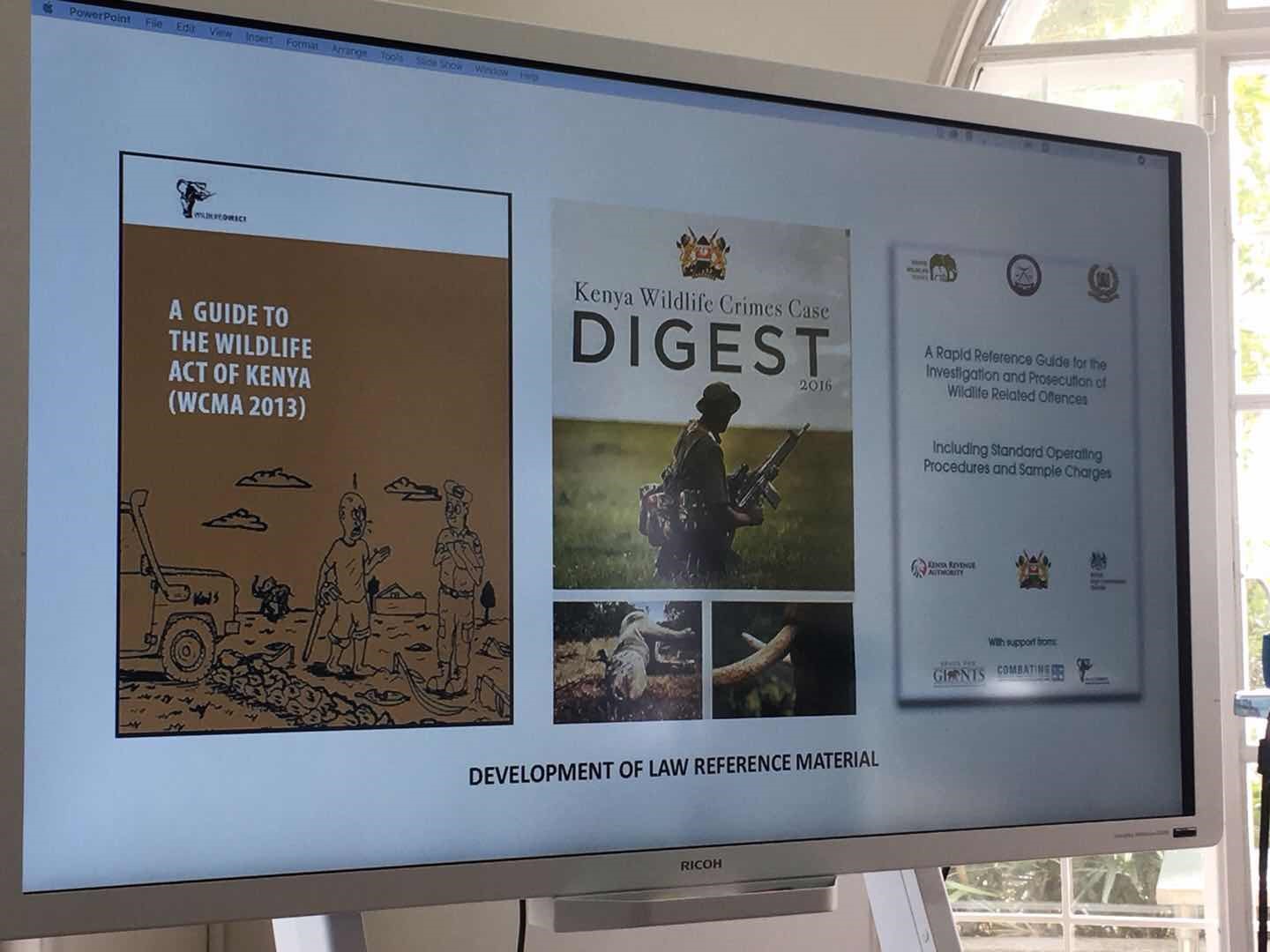
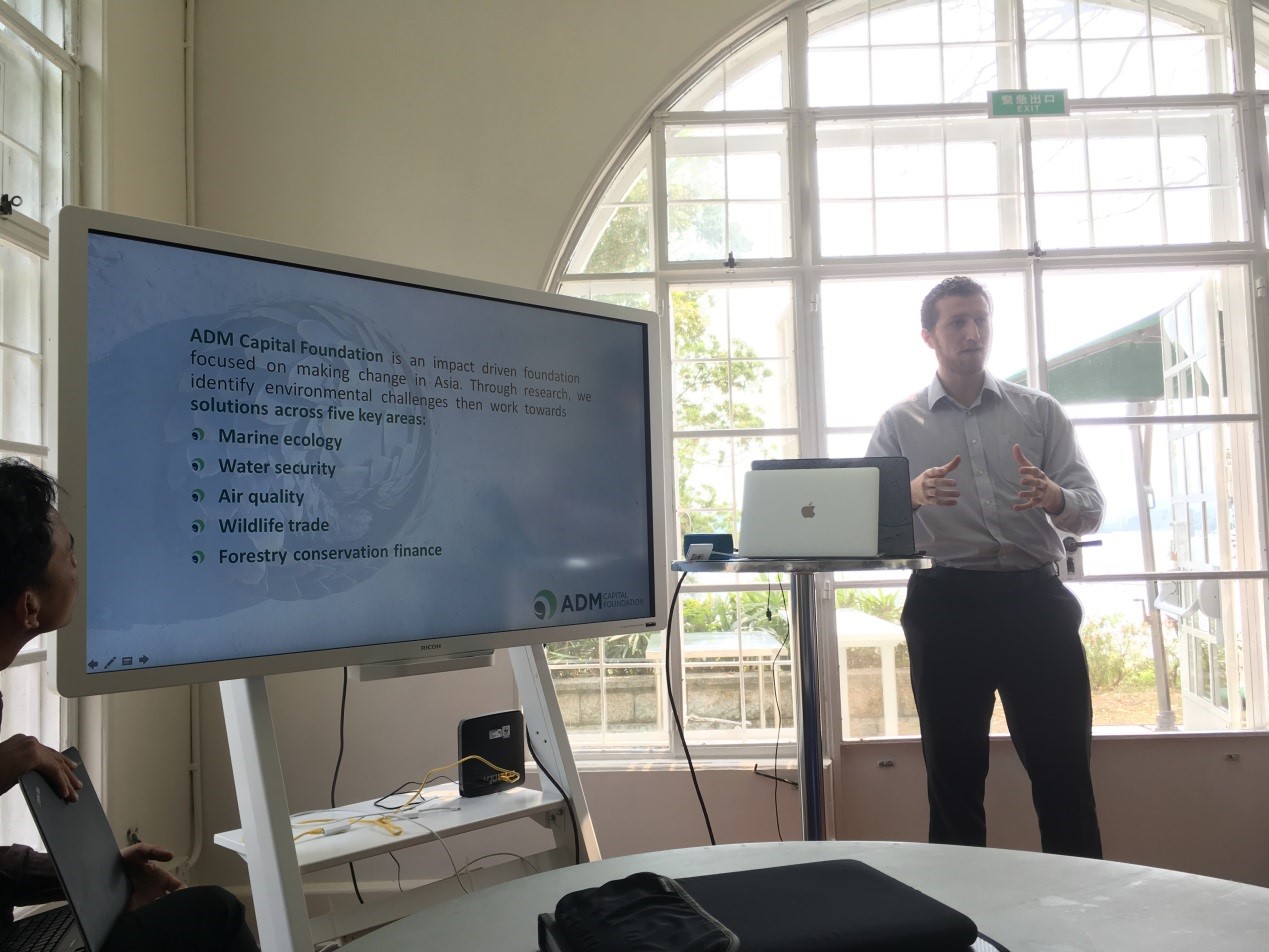
(photo source: Derek Huo)
by/Mine
